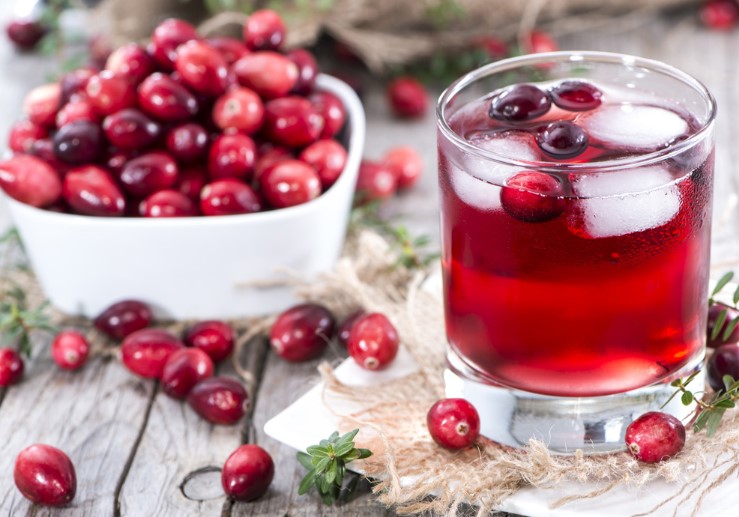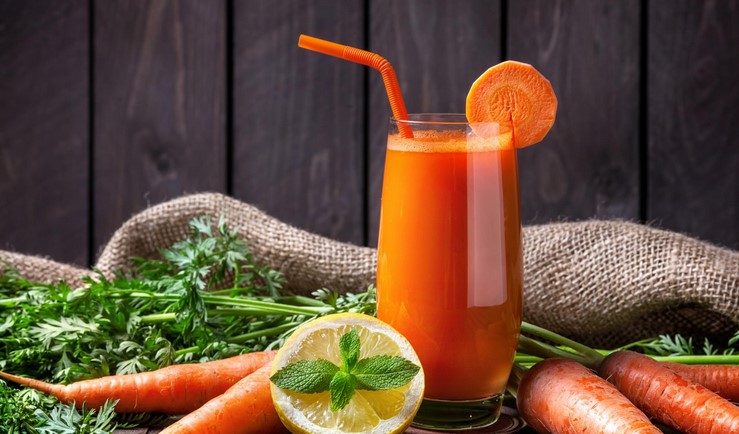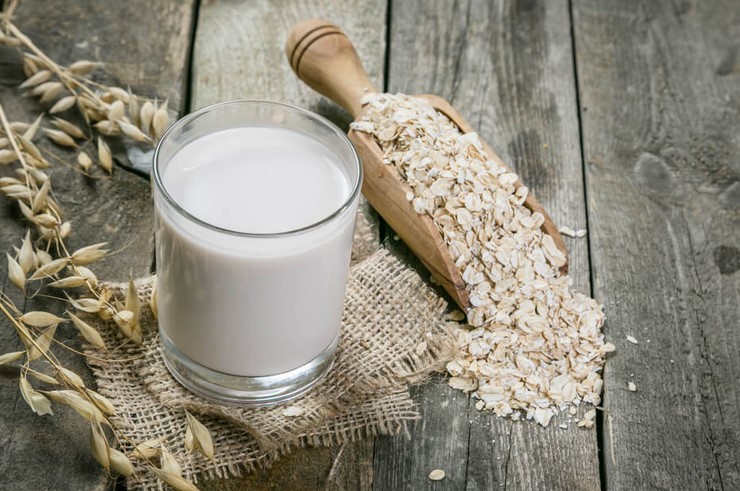Including cranberry juice in your daily diet can have many health benefits. This juice can help you lose weight, reduce inflammation, and even slow down the progression of macular degeneration. It also boosts antioxidant capacity. Read on to discover the many other benefits of cranberry juice. These health benefits may even outweigh the great taste and pretty look. Let’s explore a few of them. We hope you enjoy the juice as much as we do!
You might have heard that cranberry juice benefits include preventing urinary infections. They are true. In fact, they are packed with antioxidants and can help reduce the frequency of urinary tract infections in some people. Also, they may promote heart health, improve blood sugar control, boost immunity and protect against cancer, cavities and stomach ulcers. Dosages of up to 1,500 mg per day are safe for most.
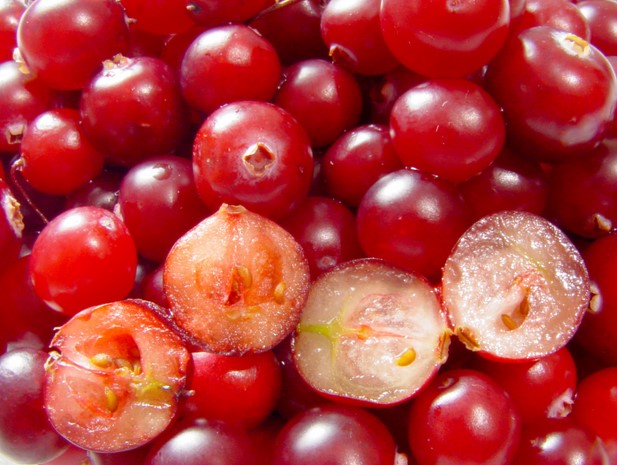
cranberry juice helps prevent UTIs
Some women swear by cranberry juice for UTI prevention. However, there is little evidence to support this claim. In fact, studies show that cranberry juice can actually cause more UTIs than it prevents. The reason for this may be because women who consume less than 1.5 liters of water a day are more susceptible to UTIs. And some studies have found no correlation between cranberry juice and UTI prevention. Nevertheless, it is important to visit a doctor for more information and advice, particularly if you are prone to UTIs.
cranberry juice reduces inflammation
Drinking cranberry juice can help your body fight off infections. The antioxidant capacity in cranberry juice can help combat free radicals and fight inflammation. The red color of cranberries is caused by peonidin, a phytonutrient with anti-inflammatory properties. Peonidin also lowers cholesterol and improves cognitive abilities. It also has anti-tumor, anticarcinogenic, and antimutagenic properties. Its high molecular weight material, called “condensed tannins,” is beneficial to your immune system.
cranberry juice may slow down macular degeneration
Cranberry juice is a fruit with many health benefits. It contains powerful antioxidants and helps protect the eyes from age-related eye diseases. Cranberry juice can also delay the onset of macular degeneration. Drinking one or two cups of cranberry juice daily may delay the onset of macular degeneration. However, there are some concerns about this fruit’s potential role in the progression of macular degeneration.
cranberry juice boosts antioxidant capacity
Drinking cranberry juice has been linked to improvements in antioxidant capacity and liver functions. This is because cranberries contain polyphenols, which have many therapeutic benefits. These compounds have been shown to protect liver cells and improve oxidative stress in blood. In a recent study, drinking 200 ml of cranberry juice twice daily increased antioxidant capacity by more than 20 percent. These findings are encouraging, but more research is needed to verify these results.
cranberry juice lowers triglycerides
In a study conducted by the U.S. Department of Agriculture’s Agricultural Research Service, researchers discovered that drinking cranberry juice could lower the levels of triglycerides and C-reactive protein, markers of inflammation. The researchers also discovered that drinking cranberry juice regularly may lower cholesterol levels as well as reduce the risk of cardiovascular disease. Here’s why.
cranberry juice fights H. pylori infection
The bacterium H. pylori has been found to infect the stomach, triggering a severe inflammatory response in the mucosa. Antibiotics are generally prescribed to eradicate the infection, but some strains are resistant. More than 50% of the world’s population is infected with H. pylori, which can lead to ulcers, gastritis, and stomach cancer. While there are no direct links between cranberry juice and stomach disorders, some studies suggest that cranberry juice can protect against a host of oral health problems.
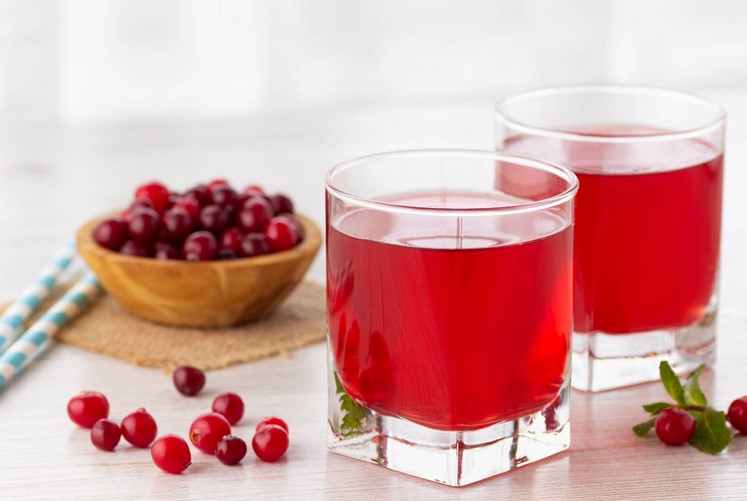
cranberry juice protects against E. coli
Cranberry juice inhibits adhesion of E. coli and p-fimbriated bacteria to human urothelium. Bacteria cannot infect the mucosal surface without adhesion. Cranberry extract contains fructose, PAC, and glucosinolates that inhibit bacterial adhesion. The proteinaceous fimbrial tips bind to host cells through hydrophobic interactions and receptor-ligand association. Cranberry compounds act as receptor analogs that competitively inhibit E. coli adhesion to human urothelium.
Cranberry juice is low in calories and contains no fat, sodium or cholesterol. They are rich in vitamin C, fiber, potassium and antioxidants and have been studied for their potential health benefits. Cranberries can be used as a preventive measure against some urinary tract infections and may also help to prevent recurrence of these infections in some people. There are some other health benefits associated with cranberries including promoting heart health, improving blood sugar control, boosting immunity and protecting against cancer, cavities and stomach ulcers. The structure of this piece makes sense because news articles should be informational and persuasive. This article also takes into account the audience through the tone and is funny enough to inform but not overkill it so people aren’t interested in reading the rest of the article.

